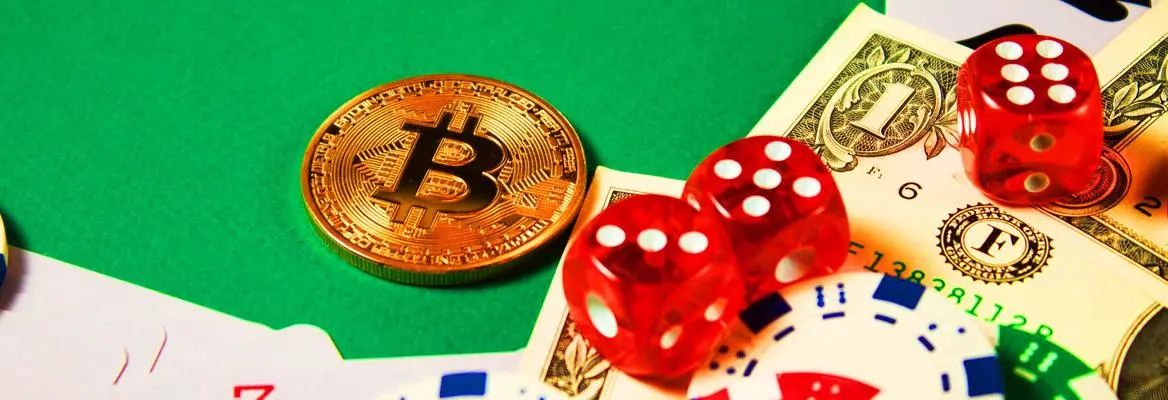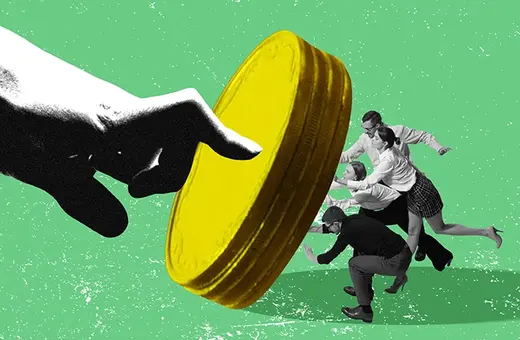There is a paradox for crypto researchers, its touted as the best new investment where you can make 100 times your contribution. And whilst some large firms and investors have entered the market the majority are uninitiated retail investors betting big from their smartphones. But this looks like gambling, argues psychology professor Paul Delfabbro. We need clarification just what people are doing with crypto, are people betting big on the future of the internet or simply gambling in a new form on their phones.
Whatever your viewpoint, there is no question that cryptocurrency is here to stay and the industry is rapidly growing. In many ways, the activity has become almost a symbol and argument point that sits at the juncture of many current political debates about centralisation; privacy; and the best ways to store and transfer value between individuals. On the hand, for people such as me who work in the field of psychology, cryptocurrency is another risk-taking behaviour which needs to be investigated so we can understand how this technology affects consumers. Part of this involves understanding how to classify it. Is it a form of gambling, speculative trading or a form of investment?
At a broad level, crypto purchasing shares much in common with other forms of speculative trading as well as gambling. People stake something of value usually money on an outcome which is uncertain and this is a key element of gambling. People hope that the price of the coins or tokens will appreciate rapidly and lose money when the tokens go down in price. However, Bitcoin is also an asset which has appreciated considerably in price over the last decade in a systematic way from a few dollars, to a few hundred dollars to as high as $US69,000 in 2021. Even now as I write this article, the price is over $23,000 which is almost eight times higher than its lows in as little as three years ago. It is immediately evident that crypto-currency is something of a paradox. Some elements appear to imply gambling and high-risk speculation; others would point to an appreciating asset class which has massively outperformed gold over the last 15 years. To me, this is what makes this area particularly fascinating, hard to classify, and a topic of continual interest to crypto enthusiasts and researchers. It is therefore perhaps instructive to explain why it potentially could sit in each of these categories, or perhaps at the juncture of all three.
 SUGGESTED READING
Addicted to technology
By Bernadka Dubicka
SUGGESTED READING
Addicted to technology
By Bernadka Dubicka
Let’s start with gambling. For something to be classified as gambling, it is usual for the outcomes to be largely governed by chance. Is this the case with crypto? There is no question that, amidst the crypto mania of 2021 people were throwing large amounts of money into “meme coins” and speculative projects about which they knew little. Meme coins (e.g., Dogecoin) are tokens which usually do not have any fundamental use, but which are marketing based on their catchy name or motif (e.g., often cute animals such as dogs and cats). To the extent that this behaviour is often based on limited research, a high chance of win or loss, it looks like gambling (the price often follows a characteristic “crash and burn” curve).





















Join the conversation